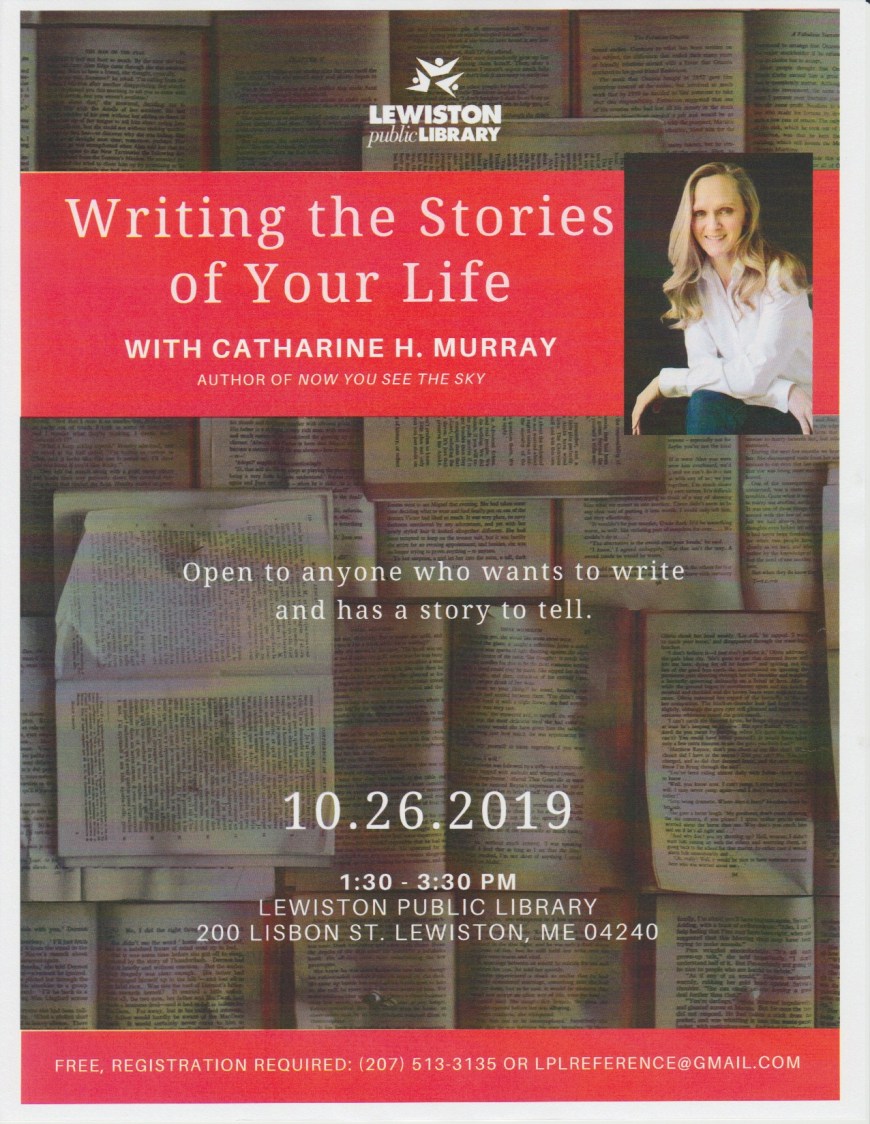I write when it feels like I can’t do anything else, when I’m so hollow and hopeless that life seems pointless, nothing more than a series of worn out entertainments to distract myself from the present. At these times life feels like a roomful of toys I’ve tired of.
I write when I know, after years of experience, that even the jar of salted pistachios in the cupboard won’t save me from the present emotional discomfort I’m in, that checking the number of likes on my most recent Facebook post will only leave me feeling lonelier. I write when I am stuck with a feeling, when there is no way out.
When I write, I sit down and let the words out. I never try to be fancy. I simply say what I’m thinking which often can start out with something like “Life is stupid. This is stupid. I have nothing to say.” Not publishable material. But that is not the point. The point of writing when I feel so bad is only to get some relief.
After a short time, the voices in my head start telling me I’m wasting my time, laundry or dishes are more important . But I stick with it. I refuse to stop typing, refuse to get up from the bed or the chair where I’m working. This sitting still takes work, but I stay, and after a while my listening moves beyond the “everything is stupid” level of thought to what’s beneath it.
What’s beneath it usually something sad or hard or worrisome. I write about that. I complain to the page. I put my fears and sorrow into words, nothing literary, just honest. Short words. Half sentences. It’s all right. No standards for “good writing” at these times.
I keep going, through the recording of a hard moment in a close relationship, the misery of a painful childhood memory, the worries of being a parent. Inevitably, if I’m being honest in my writing, I hit a spot where I want to stop, where the staying with the pain becomes too hard. And that’s when I really want to stop. That’s when I feel I cannot write another word.
This, I have learned from experience, is the sweet spot, the turning point, the place where things get so hard, so utterly discouraging that to continue is akin to enduring physical pain. And it is right there that I force myself to keep writing, keep being a faithful observer, narrator, no more than the stenographer in the courtroom, no filters, just the words. If I do this faithfully for as long as it takes, the pain I’m describing, the unpleasant feeling I’m experiencing begins to lighten.
After those nearly insurmountable moments, I keep writing through what now becomes an easier place in the journaling journey. I feel myself coming to the end of the work, and I find what I say to myself in those paragraphs is leading me to an end point. The words may be a reflection. They may be a summing up. Or they may be the most tender part of the experience I’m rendering. I don’t try to make them any of that, but that’s where the dedication to the work takes me. And that is the relief. That is where I can stop and put down the pen or hit save on the screen and get up and walk away feeling lighter, even a little bit hopeful.
I think this calming, healing effect comes when I write because when I stop running away from the feeling, when I move fully into it, I create a psychic space for what I habitually recoil from. When I suffer, pushing away the thing that upsets me makes it expand to fill my internal vision, and I think am alone in all this pain and there is nothing other than this situation. When I write, I invite the difficult feeling in, I make room around the thoughts that are keeping me locked in suffering. Writing both allows the feeling to come to light and, at the same time, lifts me out of the direct experience of it by making me a kind of witness to myself. All of this allows some compassion toward myself and what I’m going through to emerge.
There are certainly other ways to heal. Meditation may lead to more lasting peace because the ego is less involved. Exercise creates endorphins and a generally better outlook on life. Being with friends reminds us of our connection to our human family and, if we are lucky, allows us the best medicine: laughter. As people with feelings, with tender hearts in a culture that revolves around an economy of avoiding feelings as much as possible, we need all these avenues to keep our hearts open and cultivate compassion for ourselves and others. But when I am alone in the dark, and all I can manage is to reach for the keyboard or the pen, I try to remember that it works.
October 21, 2019
Catharine H. Murray, Author of Now You See the Sky
Starting in Portland, Maine, January, 2020: Writing to Heal: A Six-week Series for Women


Published by